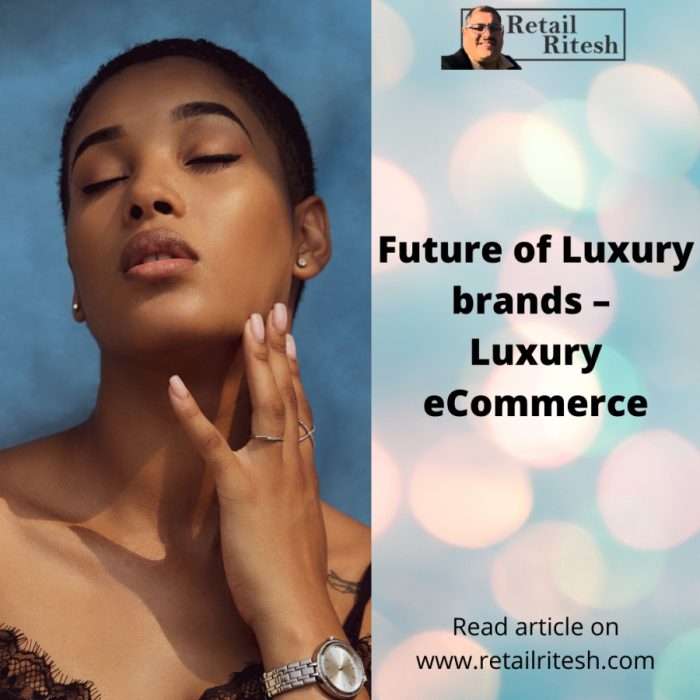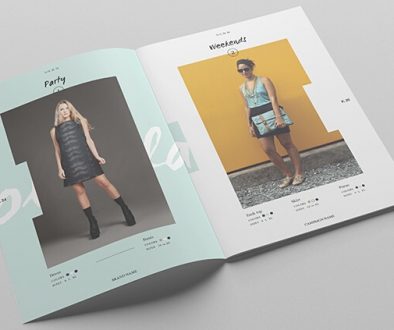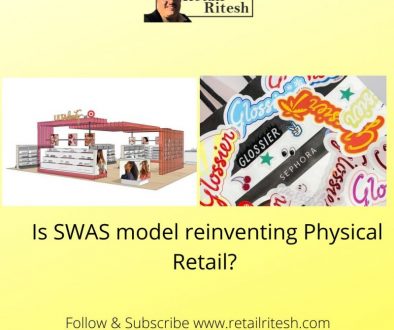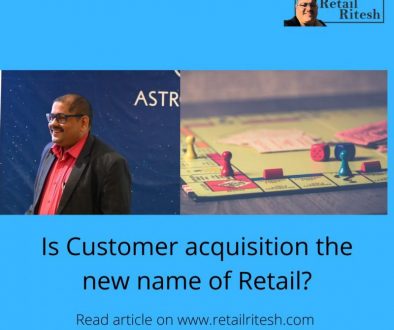Future of Luxury brands – Luxury ecommerce
The Next wave of Luxury eCommerce.
Last fortnight’s, the biggest headline in the eCommerce world of Amazon’s entry into luxury retail.
Amazon.com Inc. in order to penetrate the luxury segment has launched a “Luxury Stores” platform.
Oscar de la Renta is the first and only brand so far, but it is amazon’s first step to persuade other luxury retailers on its market place.
In this article, we shall review why luxury brands are slow in adapting to the eCommerce model.
I did a poll on linkedin.com to assess the respondent’s intent to buying luxury goods online, the results were really shocking and the comments revelation was really an eye-opener.
“67% of the respondents said No, to buying luxury goods online.”
The most feared reason for their reply was “Prevailing fake luxury goods” on the eCommerce marketplaces. Lack of authenticity and trust on the part of marketplaces.

I feel with more stringent laws pertaining to fake luxury goods, especially in the Middle East region, the trust for buying luxury goods online shall be more prevalent in the coming times.
Why luxury brands are late in embracing eCommerce?
Traditionally, luxury brands work on a model called “Exclusivity”;
They are exclusive in their marketing, distribution and hence they are able to impart excellent customer service which makes their customers feel exclusive and elite.
It’s all about Brand Imagery.
Secondary, the fear of “loss of control.”
Luxury brands are in love with their processes and control.
They love to stay in command when it comes to communication, pricing, visual merchandising, brand look & feel, customer engagement, etc.
When it comes to eCommerce marketplaces, all of the above tend to lose control and may hamper brand imagery.
Frankly speaking, eCommerce marketplaces are all about Prices and Discount seekers.
Hence the luxury brands have shied away from it so far.
10 hacks to kick start your eCommerce business, click here.
Disrupt yourself before anyone else does it- Luxury eCommerce strategy.
In June 2017, global luxury goods company LVMH launched its own multiband eCommerce portal 24 Sèvres, inspired by its Parisian luxury department store Le Bon Marché.
Featuring not only LVMH’s own portfolio of brands (including Louis Vuitton and Christian Dior) the eCommerce site also curates luxury fashion, accessories, and beauty products outside of the Group.
Are there any other luxury goods eCommerce platforms?
Yes, there are a plethora of eCommerce platforms selling luxury brands but the major ones are Farfetch and Yoox Net a porter (Richmont group acquired it in 2018).
Most of the eCommerce luxury platforms invest heavily in glossy editorial content and fast delivery,
24 Sèvres (LVMH group) is trying to differentiate itself by focusing on visually-led digital “storefront” windows (as we can observe from the site homepage) and interactive customer service technology.
They too have personalized fashion stylist service for the affluent customers seeking more customized options.
How do Luxury brands need to adapt to the new normal of selling?
Traditionally, luxury retailing is all about imparting experience to their affluent customers which are more personalized.
While embarking on a digital journey, Luxury brands need to ensure that their customers can get the same level of effortless ease in navigation and luxury experience on the website as in the brand’s physical shops.
User interface / User experience
Check LVMH site 24sevres, the entire experience is simple and very engaging at the same time
Augmented Reality
Cosmetic brands are already using this technology to help consumers try out products online.
Prada just published, for example, a virtual reality application that takes its customers on a tour of the latest luxury fashions.
Check out the Prada VR video of the making of Men’s Shoe. (Very interesting video)

Treat your online customers as VVIP: Luxury eCommerce.
JD.com, one of the largest e-commerce sites in China, offers ‘Luxury Express’ to deliver high-value products to customers in a special vehicle with a driver wearing white gloves (some Chinese associate white gloves with an English-accented butler).
It triggers a feeling of being treated like a VIP.
I recall one of the hi-end Jewellery retailer in India (from Gujrat) when they launched their brand and store;
They noticed that most of their online traffic was coming from search engines and not particularly from the direct source (no one was typing the brand name directly while searching them).
They came up with an interesting concept, wherein they used to approach the online customers (who pre-register or express their intent in their jewel pieces) offline and bring them to their store in a luxurious, chauffeur-driven Mercedes Benz (pick up & drop was complimentary).
The Concierge service was unheard of in the early 2000’s in the Indian sub-continent.
This innovation gave their online customers a feel of excellent customer service.
Covid19 accelerating the eCommerce shift – luxury eCommerce.
Luxury consumer behavior is changing.
A Vogue Business poll of 700 Chinese consumers in March showed luxury consumers picking mono-brand e-commerce platforms as their primary shopping channel post-Covid.
We all have read the news of Hermes, the highest single-day turnover in Guangzhou post reopening of their store, for instance.
This shows the potential that exists with luxury brands in case they embrace eCommerce in sync with their physical stores.
China is one of the biggest markets for luxury goods.
Affluent Chinese prefer buying brands like Rolex, Gucci, Louis Vuitton, etc.
As a result, Tmall (Alibaba Group Holding Ltd.’s) has lured more than 180 brands to its Luxury Pavilion platform.
Learn about Category management & how it Can Make or Break your retail business, click here
Conclusion
In conclusion, Luxury brands are embracing eCommerce platforms keeping in mind their core principles like uniqueness, Look & feel, User experience, and exclusive service.
The luxury sector is creating its own ecosystem with subscription & rental business models.
You can read my case study on Rent the Runway, click here.
Moreover, a new format is also emerging from the luxury branded goods market i.e. Pre-loved luxury retailing.
I have penned an article on this newly emerging sector for the magazine, “Retail People” (by the Middle east council of shopping centers) & shall publish the article once the magazine is released at the end of Oct 2020.
Till then stay safe and connected & keep following #retailritesh
About the author:
Ritesh Mohan is a passionate retail professional with over 20 years in the Retail sector, handling some of the biggest brands in the beauty, fashion, and fragrances retail & FMCG sector. He has been instrumental in the growth of some of the regional brands as well in the Middle East region. Ritesh specializes in Retail management, Product development, and Brand Management, Retail Operations, Sales Management, and Franchising & Business Management. He strongly believes in empowering business owners with his wisdom & experience of around two decades in the industry.
Ritesh can also be followed on Instagram as @mohanritesh & on Youtube as @riteshmohan
References:
Photo by TUBARONES PHOTOGRAPHY from Pexels
Gbnews.ch and luxe.digital, vogue business index, Bloomberg.com, hashtags.




